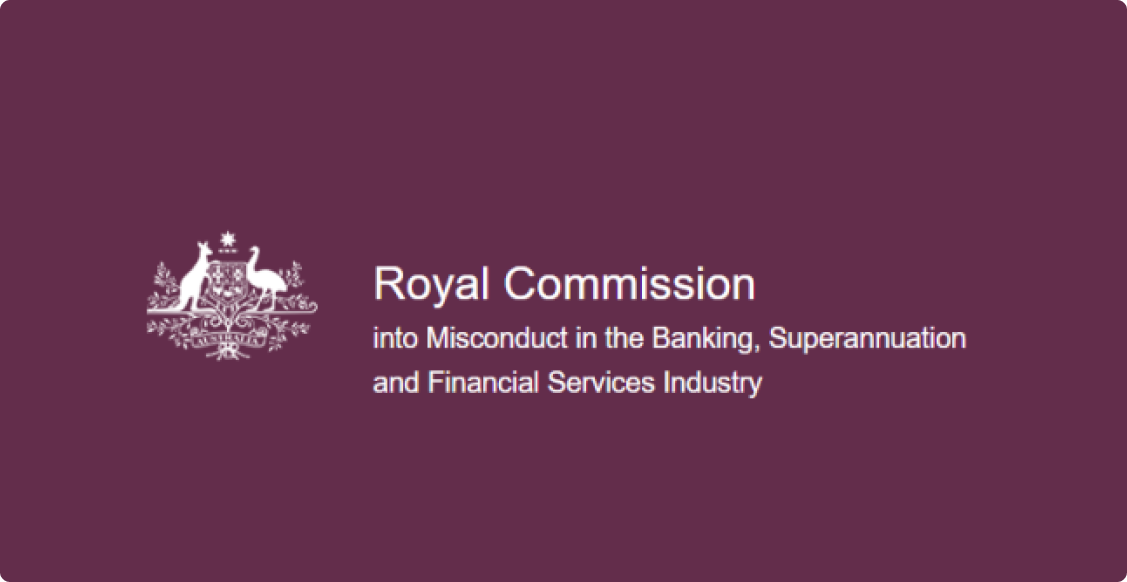Can our financial institutions rebuild trust?
Royal Commission provides Australian Institutions with a one-off opportunity to change the nature of the way they do business.
It has been a long time coming. Last week the Royal Commission into Misconduct in the Banking, Superannuation and Financial Services Industry released its final report. As prescribed in its remit, the Royal Commission found evidence of misconduct in quite a number of institutions and has issued a series of recommendations to the government on how to address this misbehaviour.
The airwaves, column inches and social media were and will be awash with reports, opinions and observations for at least…another week.
Soon, the next big thing will come along and our attention will be diverted elsewhere.
The financial institutions will then be left with the task of repairing their battered image and will need to focus on rebuilding the trust of their customers and the general public.
So, how can they do this?
In a nutshell, financial institutions must change their behaviour – willingly. Trust will not be rebuilt by doing the same things that caused it to be damaged. And it won’t be enough to simply say that they have changed their behaviour; this change will have to be observed and experienced by the person who matters most – the customer.
Trust will have to rebuilt one conversation at a time.
The need to act in your customers’ best interest is not only going to be mandated through changing legislation; it is the only winning strategy that leads to long-term business success.
Here are three things you can do right now to help your team change the conversations they have with their customers:
- Have a look at those values on your wall.
I have no doubt that the carefully thought-out values on your wall reflect what you stand for and how you want to be perceived. However, it actually doesn’t matter one jot what you say your values are; your values are what your customer perceives them to be. Your behaviour gives the only true reflection of your values. Saying that you value “Integrity” and “Ethics” doesn’t stack up when the evidence suggests contrary behaviours.
Define your values and live by your values. Not only will your customer trust you, your team will want to work with you.
- Have a hard look at how you are conducting client conversations. For example, study how you are asking questions. In whose interest do you ask those questions? The type of questions you ask reflect the person whose interest you wish to serve. To truly serve a customer, we have to be able to help them honestly discuss their current and desired situations, the consequences of not changing course and the benefits of doing so – all in a manner and language that resonates with your customer. This is truly acting in the customer’s best interest.
- Accept that a process is required to change behaviour. Simply knowing what to do is not enough – you have to actually do it.
We’ve all been to the one-day information session where an excellent presenter delivers great information in a compelling way and provides you with high quality handouts and worksheets. At the end of the day, the presenter begs the audience: “Please put this information into action!”
And you fully intend to. But you go back to work the next day and you’ve missed 50 e-mails and 10 voicemails, and you now have one less day to deal with your to-do list. Sound familiar?
It’s not that the information was bad or irrelevant; it’s just that there was no process to implement it, try it, apply it, coach it or develop new productive habits. And of course, leaders and managers need to model and coach new behaviours to ensure they stick and become habit.
As the fallout from the Royal Commission continues, there will be much talk about how to transform an organisation’s culture into one that is more transparent and genuinely customer-focussed while still serving the needs of other stakeholders. One thing is sure: It’s no longer an option. Your customers and the public demand it.
